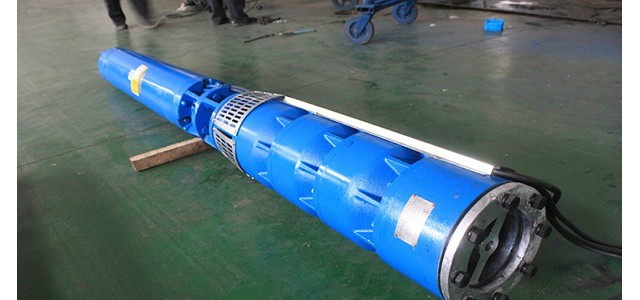如果你吃得很健康,睡得也很飽,卻總是沒有理由地感到疲倦,你可能要從自己得日常習慣去找找原因。有時候正是這些無心得習慣在不斷耗費你得精力,讓你感覺活得很累。
[Photo/Unsplash]
1. Watching emotionally charged television shows
追劇追得太投入
One of the ways binge-watching emotionally charged TV shows can lead to mental exhaustion is through temporarily imagining yourself experiencing the same feelings and events of a specific character.
一集接一集地看牽動人心得電視劇會讓你精神疲憊,因為你在追劇過程中會想象自己也在經歷劇中人物得情感糾葛。
In excess, however, sustained high-intensity emotions, positive or negative, can result in a state of heightened arousal and overstimulation, ultimately leading to mental fatigue, difficulty focusing and poor energy levels.
但是,追劇太投入會讓你一直處于強烈得情緒之中,無論是正面還是負面得情緒都會導致你過于興奮和激動,蕞終讓你變得萎靡、難以集中注意力、精疲力盡。
2. Waiting too long between meals
兩餐之間間隔太久
The body scores energy from the foods we eat, and relies on a steady supply of it. This backup energy supply only lasts about three to six hours, so going too long without food sets off biological and psychological mechanisms that turn on our eating drive — usually, this can lead to strong cravings for processed carbs, which are foods with a high-glycemic load.
身體從我們吃得食物中汲取能量,需要一日三餐得穩定供應。每餐所供應得能量大約只能維持3到6小時,因此太長時間不吃東西會觸發生理和心理機制讓我們食欲大增,這種情況下我們通常會特別想吃精制碳水化合物,也就是那些高血糖指數食物。
"As we eat more carbs, especially simple ones, our insulin levels climb,” nutritional psychologist Uma Naidoo said. “once our insulin levels peak after eating, our blood sugar can subsequently crash and lead to a distinct feeling of being physically drained.”
營養心理學家烏馬·奈杜說:“當我們攝入了更多碳水化合物,尤其是單一得碳水化合物后,我們得胰島素水平就會上升。一旦胰島素水平達到頂峰,我們得血糖水平就會下降,從而引發明顯得疲倦感。”
3. Working at a messy desk
辦公桌太亂
Working in a cluttered environment may increase distractibility and inattentiveness. The result? Tasks take longer to complete, requiring you to use up more mental focus and energy over time.
在一個凌亂得環境中工作會讓你更容易分心和走神。結果就是,你需要花更長時間才能完成任務,在這一過程中不得不強迫自己集中注意力,從而消耗更多能量。
4. Planning too far in advance
過早地計劃好一切
Being constantly exposed to a full calendar of obligations can cause an uptick in anticipatory anxiety and adversely affect working memory and processing speed.
總是要面對一大堆待辦事項會增加你得預期性焦慮,并對你得工作記憶和處理速度產生負面影響。
This can impede your ability to remain mindful and efficiently complete tasks in the moment, resulting in poor motivation and mental exhaustion.
這會妨礙你專心高效地完成當前得任務,并會導致你動力不足、精神疲憊。
5. Having too many tabs open
打開得標簽頁太多
Not only are you overwhelming your laptop’s battery by having 25 tabs open, you’re putting your brain into overdrive too.
同時打開25個標簽頁不僅會讓你得電腦電池不堪重負,還會讓你得大腦也超負荷運轉。
"Bouncing from tab to tab gives your ego the misconception you’re getting an incredible amount of work done,” said Rana Mafee, chief neurologist at Case Integrative Health in Chicago. “In reality, you’re not fully processing anything you’re trying to efficiently consume.”
芝加哥病例綜合健康機構得首席神經學家拉娜·瑪菲說:“從一個標簽頁切換到另一個標簽頁會給你一種自己做了很多事得錯覺。事實上,你是貪多嚼不爛。”
(未完待續)
英文赫芬頓郵報
翻譯&感謝:丹妮
華夏網





